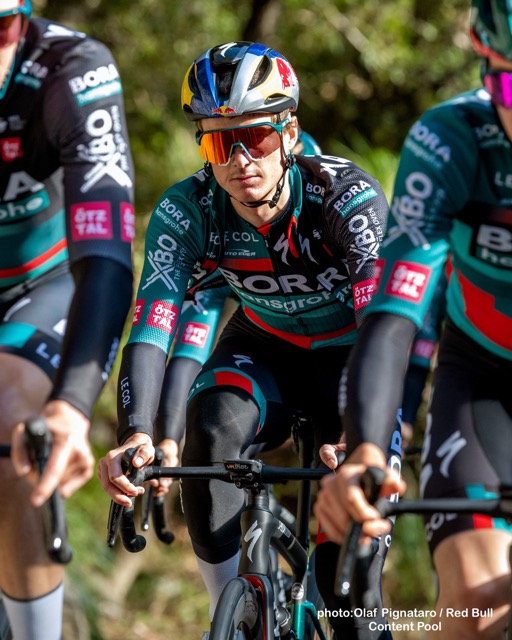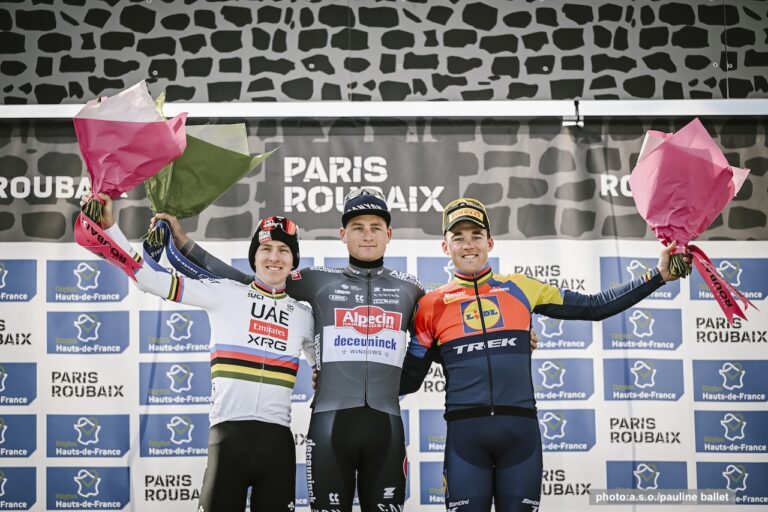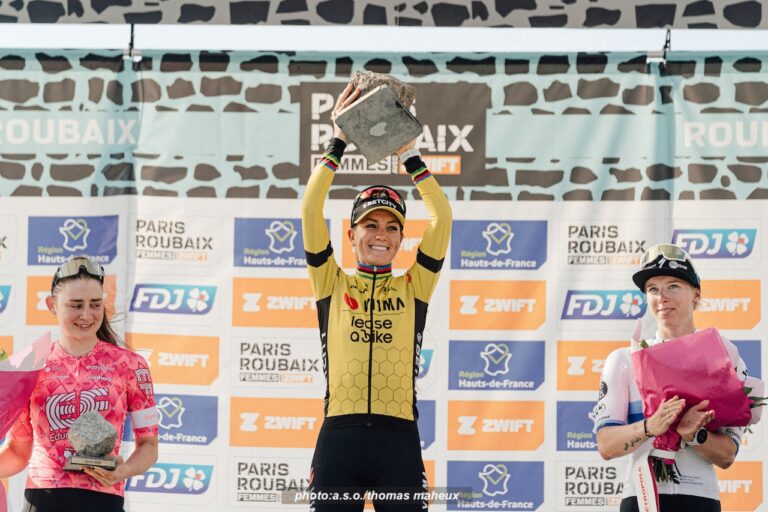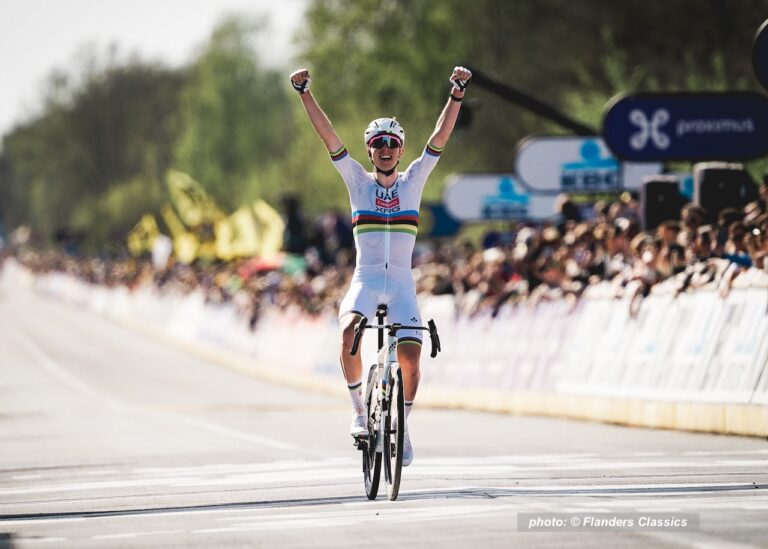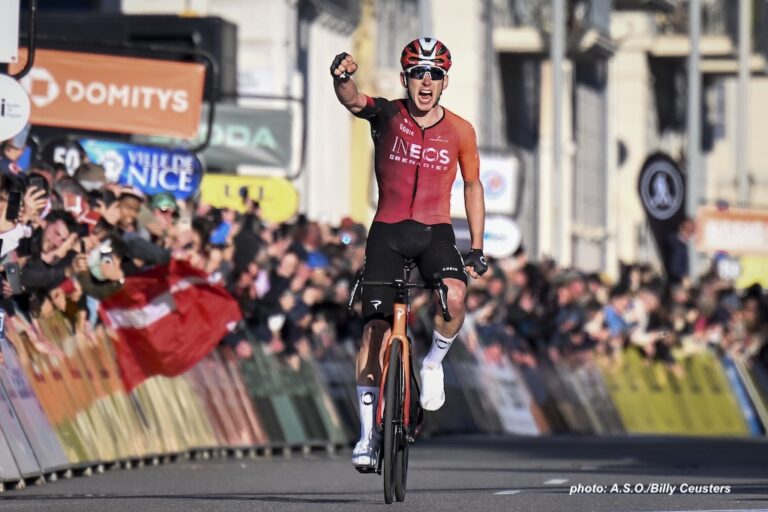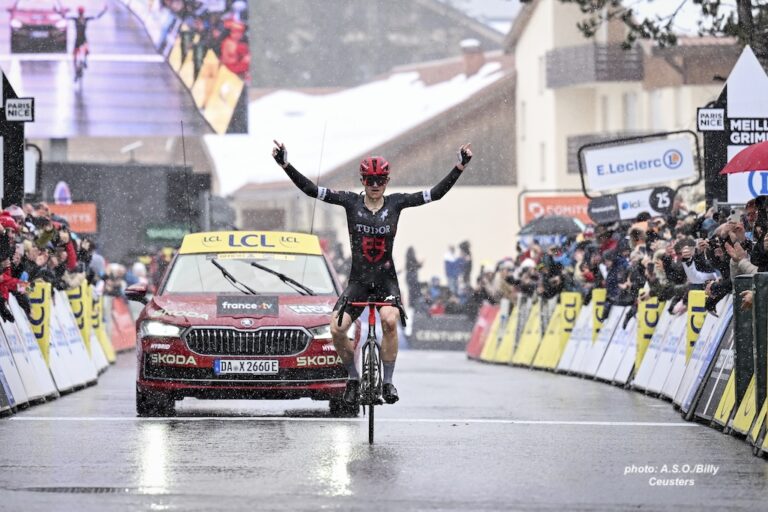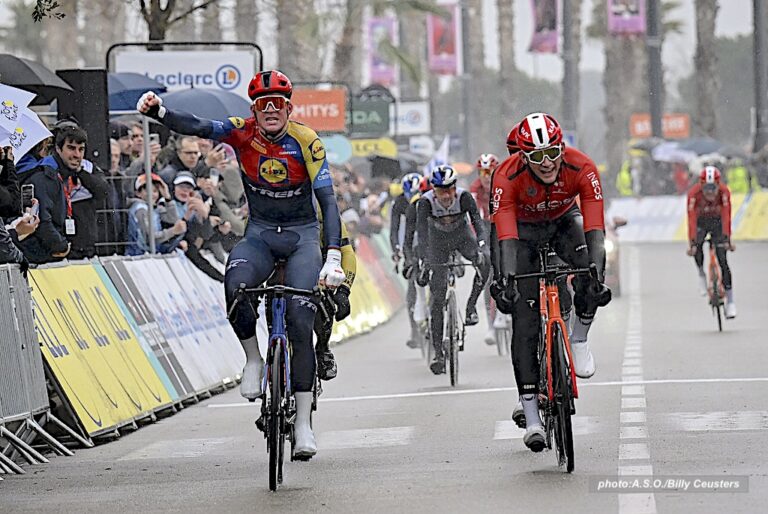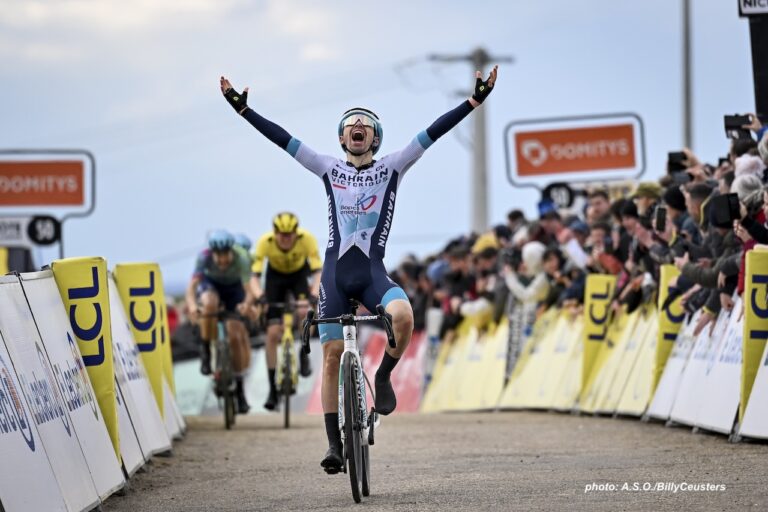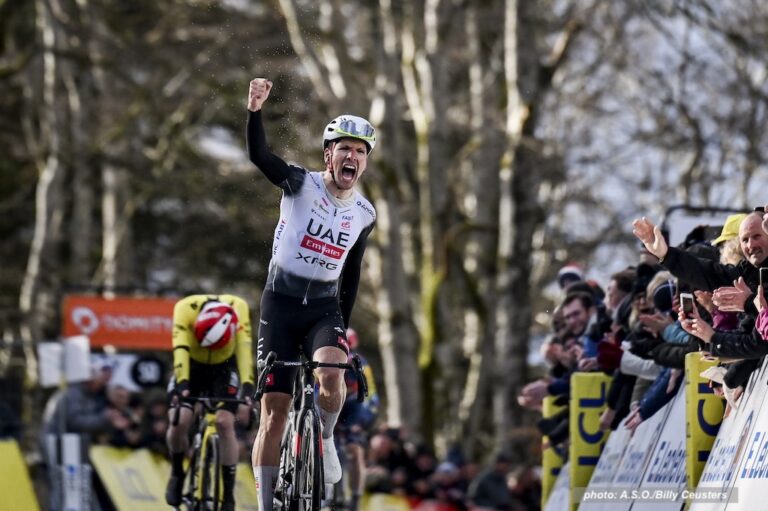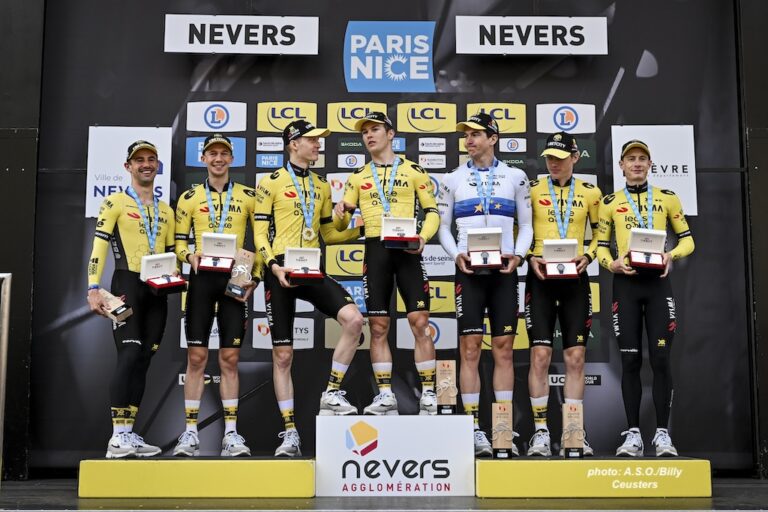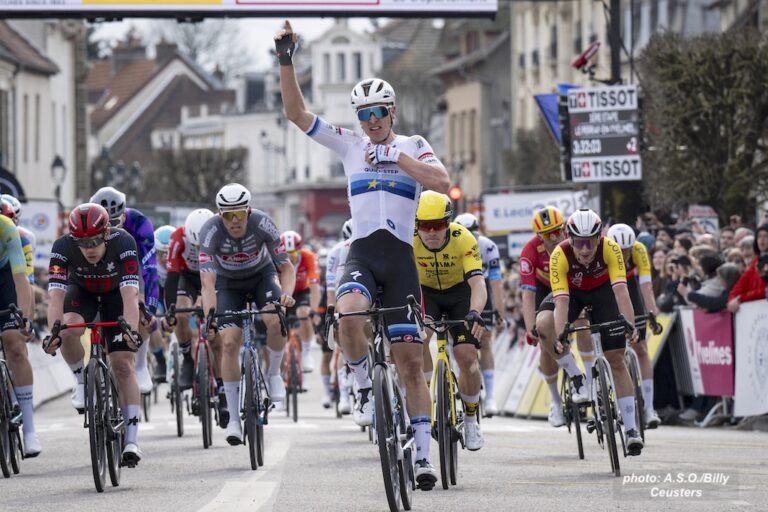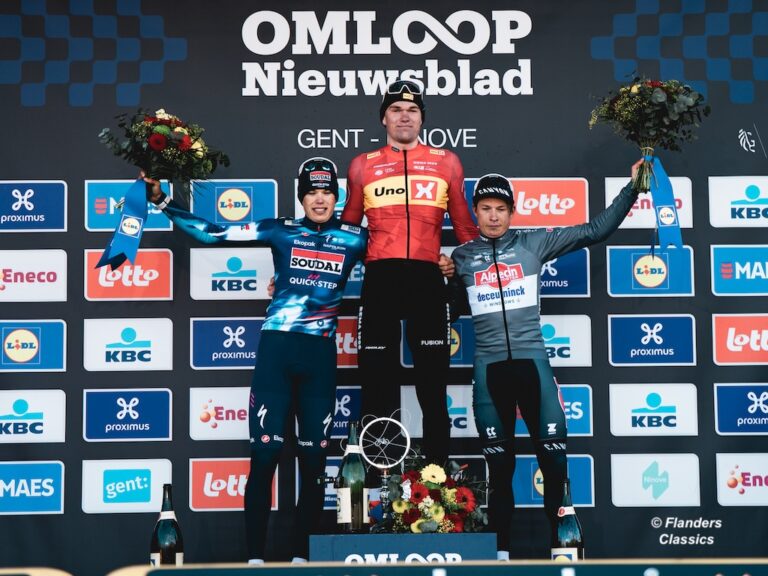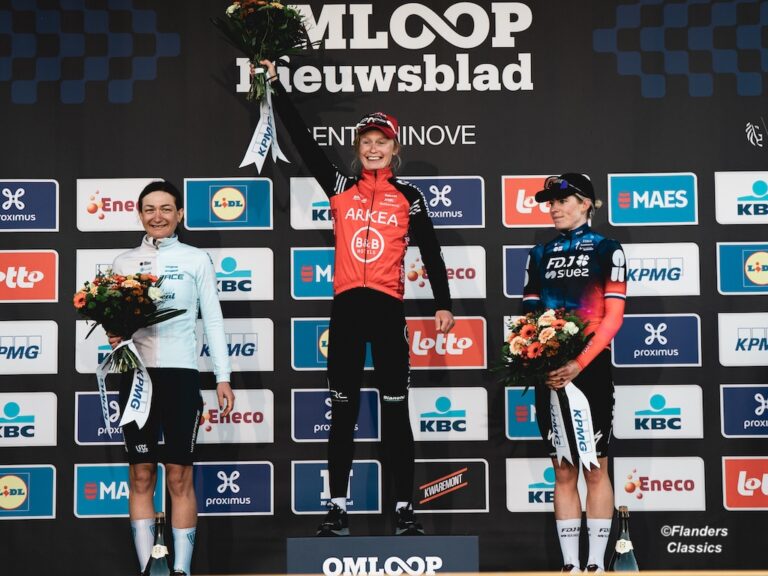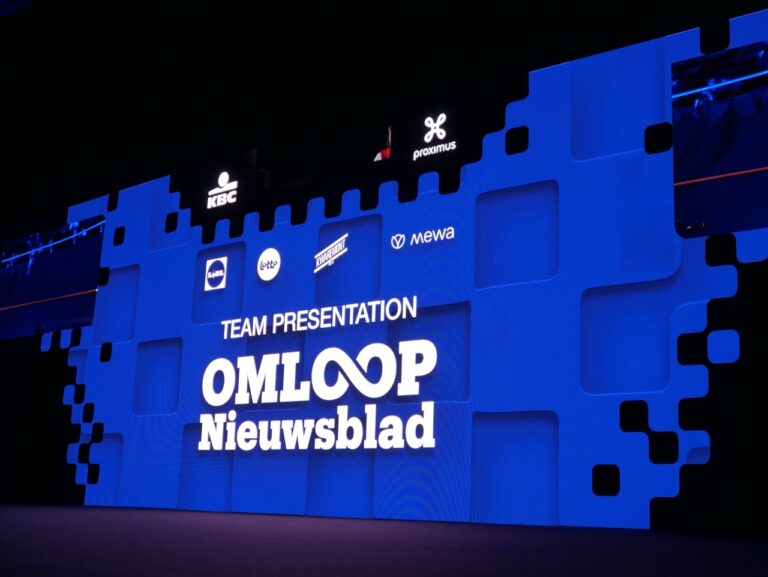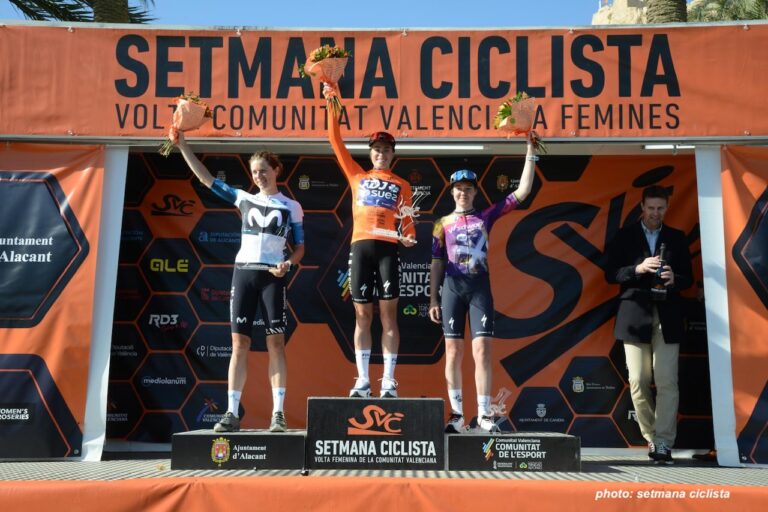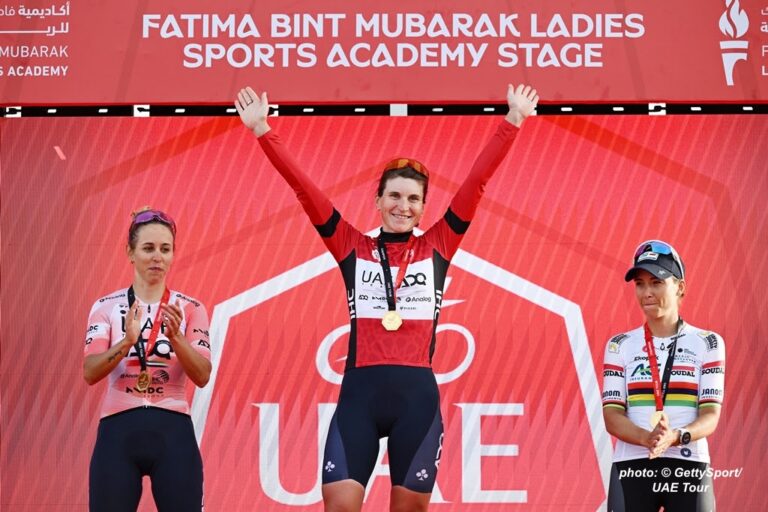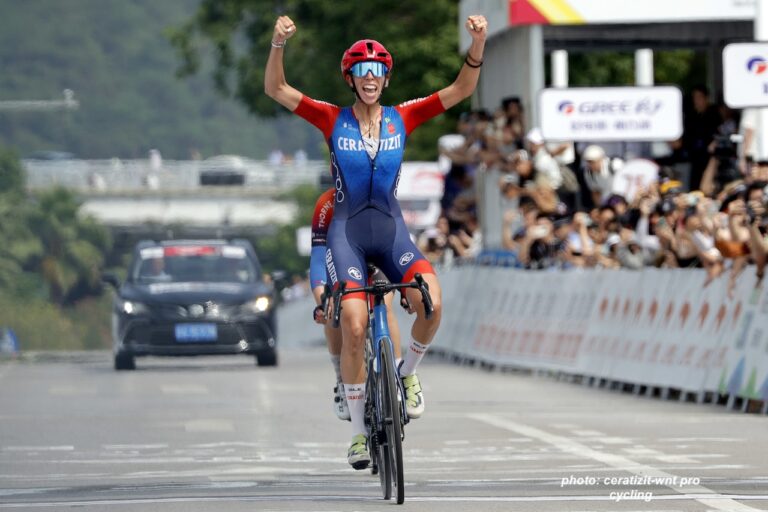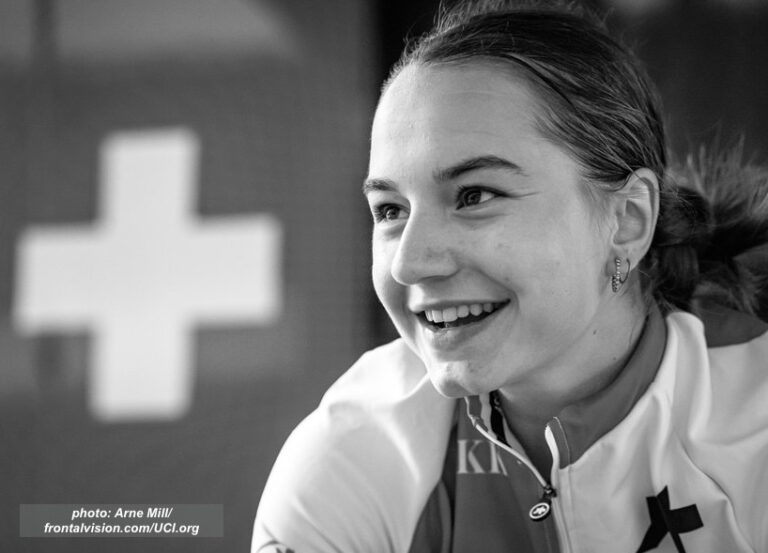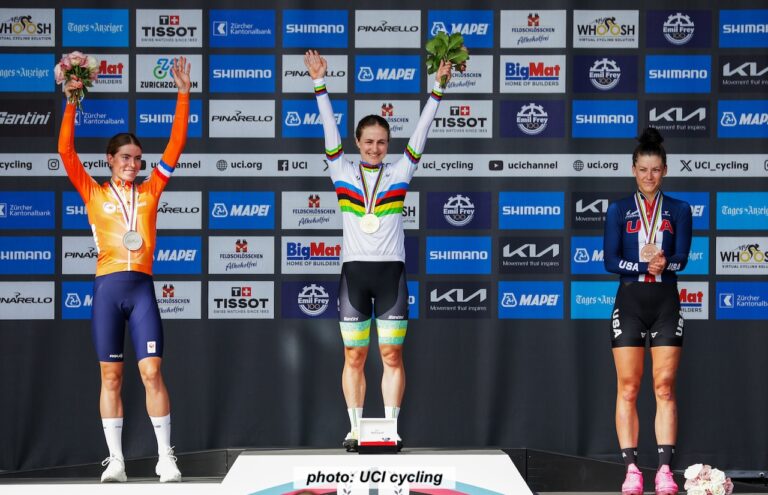Pro cycling in Germany was at an all-time high in the years 1995-2005 with superstar Jan Ullrich and Team Telekom leading the way, but when doping scandals struck in 2006 the bottom fell and the country was hit hard. In the aftermath, German TV refused to show live coverage of the Tour de France, the Deutschland Tour was cancelled for nine years, and German sponsors and fans walked away.
Since then, pro cycling in Germany has experienced an ebb and flow in popularity. While some recent German talents like Emanuel Buchmann have shown Grand Tour promise, none have been able to translate that promise into a podium spot in a Grand Tour. For the most part, German cycling has relied heavily on sprinters like Marcel Kittel and André Greipel, or one-day specialists like Tony Martin and John Degenkolb, to bring home the palmarès. Out those four, the only one still racing is the 35-year-old Degenkolb, whose major victories, including his Milan-San Remo and Paris-Roubaix wins, are now almost ten years old.
Admittedly, German fans may have a long wait for the next Jan Ullrich to appear. But the next best thing, a German super team, could be coming very soon. The recent announcement of Red Bull’s partnership with the German Bora-hansgrohe team suggests that a serious effort is underway to build such a team around their newly acquired star Primož Roglič. And with riders like Wout van Aert and Remco Evenepoel rumored to be on the team’s wish list, German fans may not have to wait too long.
While most agree that the investment by Red Bull will go a long way towards securing the team’s finances, it’s important to understand that greater success, like the revival of German pro cycling, will depend on several other factors.
Winning Races: In 2023, Bora-Hansgrohe finished 10th in the WorldTour rankings. They had two stage victories at the Tour de France, two at the Giro D’Italia, and one at La Vuelta. Jai Hindley was their highest placed rider at the Tour de France, finishing 7th on GC. Clearly, they’ll have to do better in 2024. Winning major races, especially those with significant global attention like the Tour de France, are vital in attracting a broader audience in Germany. For 2024, the team’s success (or failure) will fall largely on the shoulders of Primož Roglič, who will be putting all his efforts into winning the Tour de France. With Tadej Pogačar’s (UAE) announcement that he will ride the Giro d’Italia AND the Tour de France this year, Roglič’s primary rival at the Tour will most likely be two-time winner Jonas Vingegaard (Visma/Lease a Bike). While it won’t be an easy task to dethrone Vingegaard, Roglič is probably the top pick among all other contenders. For Bora-Hansgrohe, success in other major races like the Spring Classics, Giro d’Italia, and La Vuelta can also help, but success at the Tour de France holds the greatest potential for the team to grow their audience and fanbase in Germany.
Media and Marketing: Red Bull has one of the strongest presences in sport, culture, and lifestyle through their in-house media subsidiary, Red Bull Media House. In 2022, Red Bull’s marketing budget was estimated at €2.9 billion, approximately 25-30% of their yearly €9.68 billion revenue. This is an unheard of amount for a beverage brand to spend on media/marketing. As a comparison, Coca-Cola has a yearly revenue of approximately €41 billion, but only spends around €3.6 billion a year on marketing (8.8%). Unlike other beverage brands who rely on traditional marketing tactics, Red Bull’s mission is to connect deeply – viscerally – with consumers by telling ‘beyond the ordinary’ stories through their multi-media platform of TV, mobile, digital, audio, and print. Although these stories don’t come cheap, they do resonate and their effect is long-lasting. Of course, Bora-Hansgrohe has to do their part by providing compelling storylines. A quest story showing Primož Roglič’s buildup and preparation for the 2024 Tour de France might be very compelling, especially if it ends in a Tour victory.
Youth Development: While Bora-hansgrohe and Red Bull already support a U19 cycling program, Red Bull Junior Brothers, they would do well to invest in a youth development program that supports the growth of cycling at the grassroots level in Germany. With a population of 80 million and a strong tradition in endurance sport, the potential to discover another Jan Ullrich (or Judith Arndt) is not so far fetched. A stronger partnership with the Bund Deutscher Radfahrer (German cycling federation) would go a long way toward fostering a new generation of German cyclists.
Innovation in Cycling: At the moment, pro cycling is divided about the direction it should take to secure its financial future. Unlike other pro sports, where revenue from TV broadcasts is for the most part shared equally with all teams, cycling teams rely solely on their sponsors for their funding. Red Bull’s experience and involvement with other professional sports, like Formula 1 and European football (soccer), could lead to innovative media platforms for pro cycling, potentially creating new and exciting formats that capture public attention and result in better revenue streams for teams.
It’s crucial to recognize that the revitalization of pro cycling in Germany is a multifaceted challenge that depends on many factors. The partnership between Bora-Hansgrohe and Red Bull could be a significant piece of the puzzle in the revival, but it will require the leveraging of several other key factors to bring about that change.


